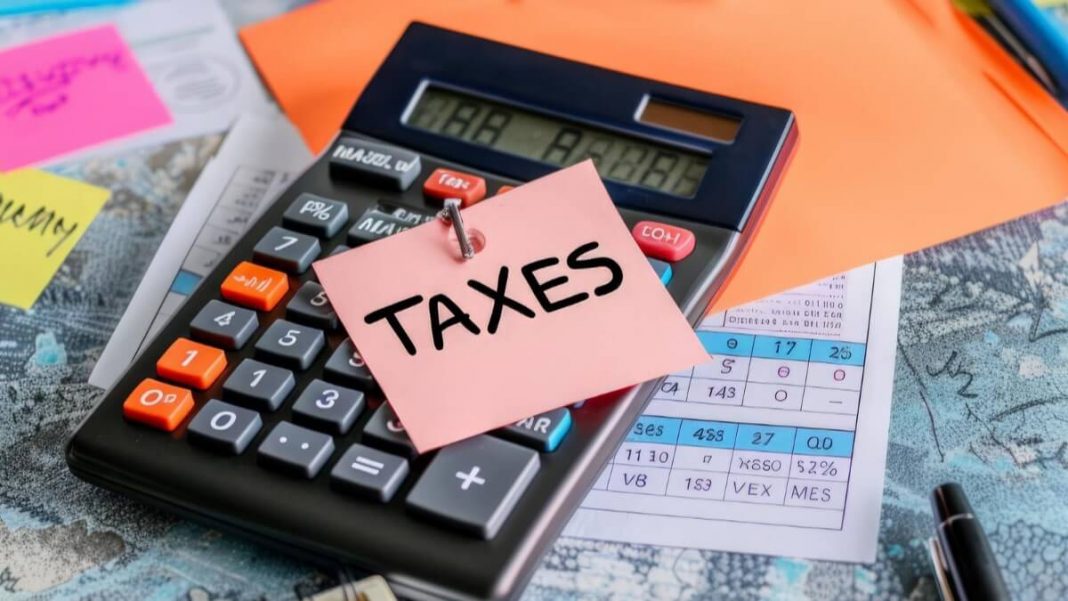The City of Edinburgh Council has approved a new tourist tax to make the Scottish capital the first city in the UK to implement a tourist tax, scheduled to be introduced in the summer of 2026.
The move aims to raise tens of millions of pounds annually, with projections estimating £45-50 million by 2028/29, VisaGuide.World reports.
Edinburgh Plans 5% Fee on Stays
Under the new regulation, visitors staying in paid accommodations—including hotels, short-term lets, hostels, and bed and breakfasts—must pay a fixed fee per night amounting to five percent of their accommodation cost, capped at seven consecutive nights. The 12-week consultation period will begin in the autumn of 2024, while the final decision on the plans will be taken in January 2025, The Telegraph explains.
This scheme mirrors similar rates in other cities such as Amsterdam, Berlin, and New York. Officials have said the proceeds will be used to pay for improvements across Edinburgh, but critics argue the charge will be wrong for businesses.
We can’t take Edinburgh’s incredible cultural offering and reputation as a fantastic place to visit for granted, and a visitor levy presents an innovative way of sustaining the sector and the city.
Edinburgh’s Visitor Levy Raises Concerns Over Funding Allocation & Housing Impact
The idea of a tourist tax for Edinburgh was first proposed in 2019, but it wasn’t until May 2023 that legislation granting local authorities the power to enforce such a levy was published. Future plans may expand the tax to include cruise ships.
Last year, Manchester implemented a £1 per room, per night charge designed to fund initiatives to boost tourism, which generated approximately £2.8 million in its first year.
In Edinburgh, the draft proposal for the visitor tax includes a plan to allocate funds from the £70 million levy towards mid-market housing.
In this regard, Ella Rook from the tenants’ union Living Rent has expressed concerns, arguing that mid-market housing alone will not address the city’s housing crisis.
She highlights that Edinburgh’s expenditure on temporary accommodation surged to nearly £50 million in 2022-23, a significant increase from the £18 million spent in 2019-2020, suggesting that the current approach may fall short of solving the broader housing issues.
Reducing the number of residents in temporary accommodation in hotels and B&Bs would also free up this space for visitors. The high cost of housing in Edinburgh is also a barrier for tourism workers to be able to live near where they work.
On the other hand, Chair Neil Ellis expressed approval, stating that the organization welcomes the visitor levy to improve the experience of all visitors, local, national, or international, through additional spending.
